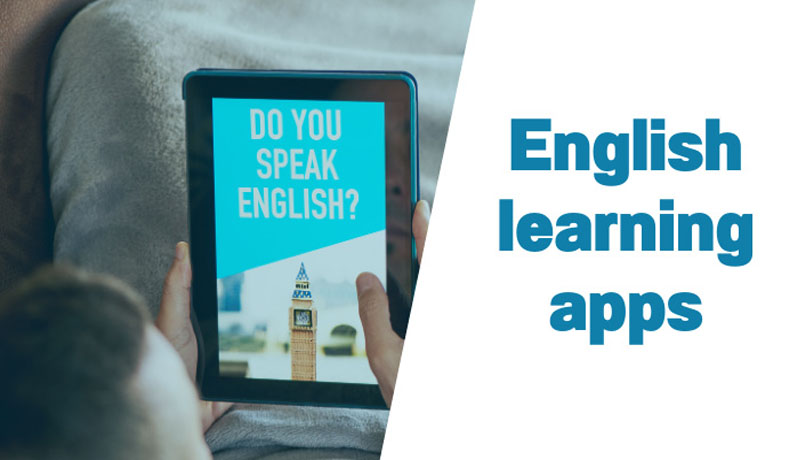
English, also known as the universal language, remains one of the most popular languages for learners around the world. With the rise of the digital age, learning English is no longer limited to the traditional classroom. Mobile applications have revolutionized the way languages are learned due to their convenience and innovative teaching methods. If you want to improve your English skills, entering the world of apps may be the best way to start. Find the perfect app for your English course:
Duolingo: How to make learning English fun and effective
Why Duolingo stands out:
- Interactive Lessons: Duolingo’s strength lies in its gamified learning experience. The lessons are structured like mini-games, and the process is exciting and educational.
- Track Your Progress: This app provides a clear and concise visual representation of your progress. This feature allows learners to achieve their goals and watch their growth over time.
- Speaking Practice: Duolingo focuses on speaking. The app has exercises that require users to speak phrases and sentences, and are scored on pronunciation and accuracy.
- Variety of Topics: The course material is divided into a variety of real-world topics, such as family, business, food, and travel, to prepare learners for a variety of conversation scenarios.
- Streaks and Rewards: This app encourages daily practice by maintaining streaks and providing in-app rewards. This gamification allows learners to incorporate English practice into their daily lives.
- Forums and Community: Duolingo’s active community forums allow learners to discuss challenges, share experiences, and even find practice partners.
- Flexibility: Whether you’re a beginner or an expert, Duolingo lets you choose the starting point for your course. You can also set daily goals depending on how focused you want to study.
- No Price Barriers: Although there is a premium version, Duolingo’s extensive free version is more than enough for many learners.
Honorable Mention:
- BBC Learning English: An app with video and audio lessons, grammar tips and vocabulary practice, hand-picked by the BBC’s English education experts.
- Hello English: This app is especially aimed at non-native English speakers and focuses on English conversation, grammar, vocabulary, and useful phrases in real-life situations.
- Rosetta Stone: This app uses an immersive approach to place learners directly into English scenarios, allowing for faster and more intuitive learning.
Maximize your learning experience:
- Consistency: No matter which app you choose, regular practice is key. Try to use the app every day, even if it’s only for a short time.
- Combine with other Resources: Combine app learning with other resources such as English podcasts, movies, and books for a comprehensive learning experience.
- Speaking Practice: Whenever possible, practice speaking with native speakers or other learners. Stay in touch with language exchange partners using platforms like Tandem and HelloTalk.
Conclusion
In the digital age, learning English has never been easier. With apps like Duolingo, anyone with a smartphone can be on the path to fluent English communication. While apps offer unparalleled convenience and innovative teaching methods, remember that dedication and commitment to learning comes from within.







